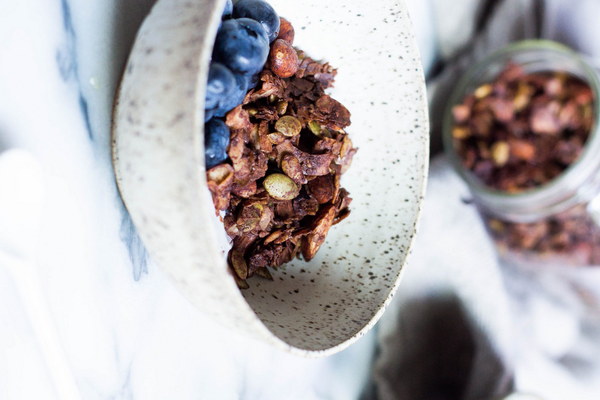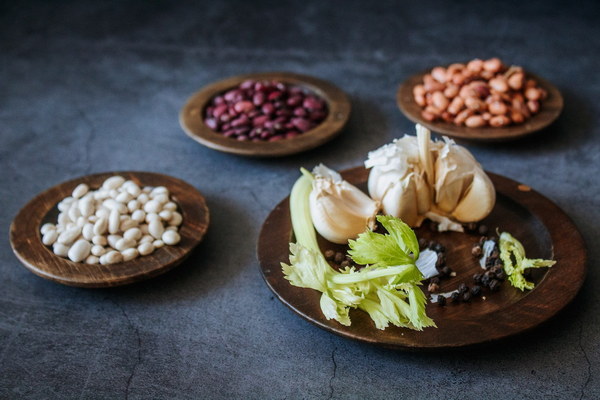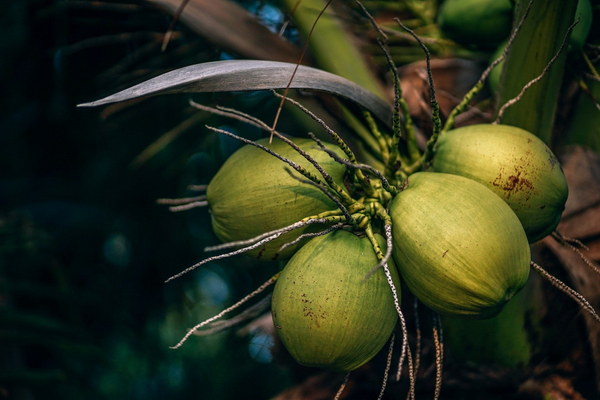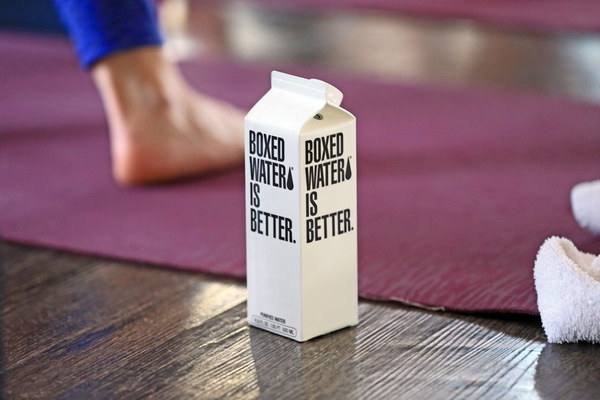The Menstrual Cycle A Surprising Ally in the Fight Against Aging
The Menstrual Cycle: A Surprising Ally in the Fight Against Aging?
From the moment we start our menstrual journey, it's often viewed as a monthly inconvenience. However, recent research suggests that the menstrual cycle might hold the key to a secret weapon in the battle against aging. Could it be that menstruation is not just a biological necessity, but also a potential anti-aging ally? Let's delve into this intriguing topic.
Firstly, it's important to understand the menstrual cycle's role in the female body. The cycle is a complex interplay of hormones, including estrogen, progesterone, and others. These hormones regulate the growth and shedding of the uterine lining, and they also play a significant role in various physiological processes.
One of the most fascinating aspects of the menstrual cycle is its impact on the skin. During the luteal phase, when estrogen and progesterone levels are high, the skin becomes plumper and more hydrated. This can give a radiant, youthful appearance. However, when the menstrual cycle ends and ovulation occurs, estrogen levels drop, leading to the shedding of the uterine lining and the onset of menstruation.

This shedding process has been linked to the removal of old, dead skin cells, which can contribute to a more youthful complexion. Additionally, the fluctuating hormone levels throughout the cycle have been shown to affect the body's production of collagen and elastin, two proteins crucial for maintaining skin elasticity and firmness.
Moreover, the menstrual cycle has been associated with the regulation of inflammation. Chronic inflammation is a known contributor to aging, as it can damage cells and accelerate the aging process. Studies have indicated that the menstrual cycle's hormonal fluctuations may help to modulate inflammation, potentially slowing down the aging process.
But that's not all. The menstrual cycle's effects on the body go beyond skin health. Research suggests that it may also play a role in cognitive function and overall health. For example, the surge in estrogen during the luteal phase has been linked to improved mood and cognitive performance. This hormonal boost might contribute to a more youthful mindset, which is an essential component of overall well-being.
Furthermore, the shedding of the uterine lining during menstruation is thought to help prevent the accumulation of toxins in the body. This process can be seen as a form of natural detoxification, which may contribute to a longer, healthier life.
However, it's important to note that while the menstrual cycle may offer some benefits in the fight against aging, it's not a panacea. Other lifestyle factors, such as diet, exercise, and stress management, play a crucial role in maintaining youthful vitality.
In conclusion, the menstrual cycle may indeed be a surprising ally in the fight against aging. Its hormonal fluctuations can impact skin health, cognitive function, and inflammation levels, all of which are important in maintaining a youthful appearance and overall well-being. While more research is needed to fully understand the extent of these benefits, it's clear that the menstrual cycle is more than just a monthly inconvenience—it's a complex system that might just hold the secret to a longer, healthier life. So, the next time you're cursing your menstrual cycle, remember that it might just be working to keep you looking and feeling younger.









